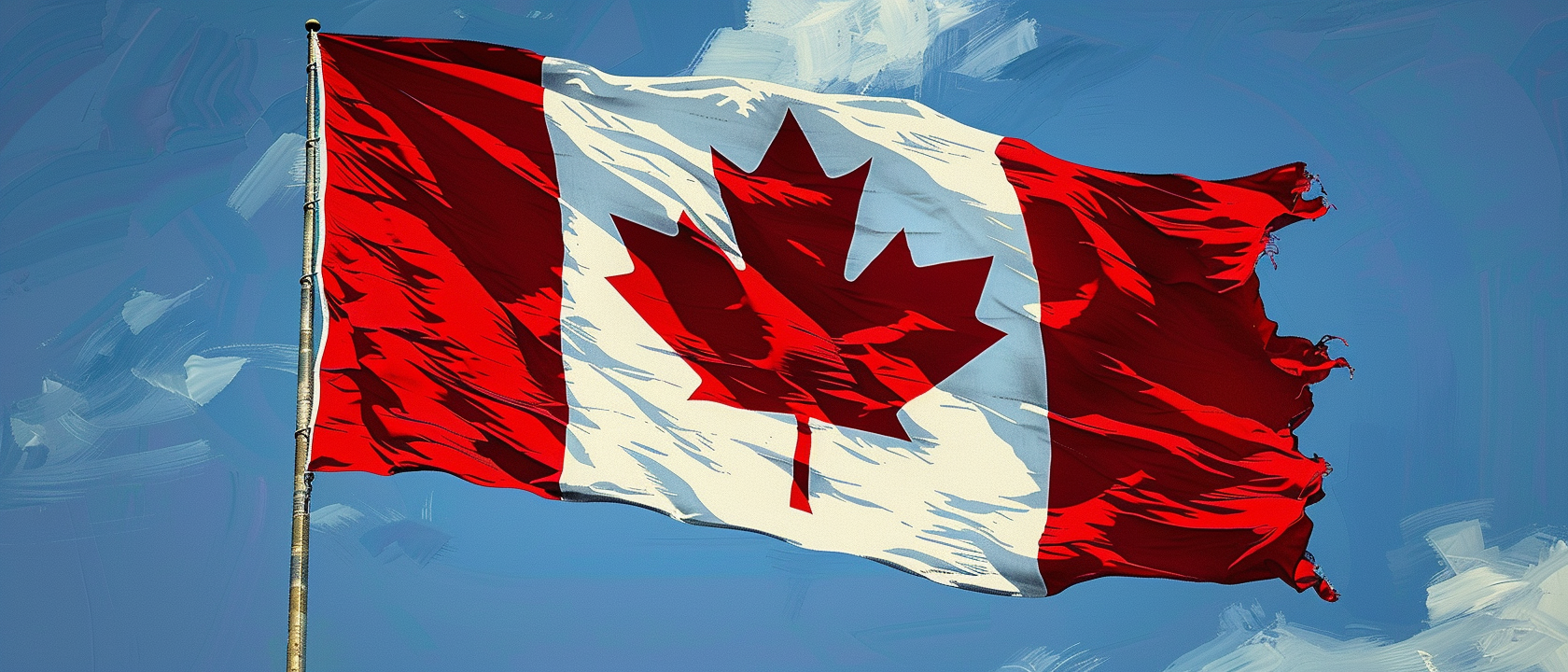

Amidst rising concerns about the future of the U.S. economy, a closer look at our northern neighbor presents a compelling case. Canada, grappling with a trio of economic challenges – stagnant wages, rampant inflation, and skyrocketing housing costs – paints a grim picture.
In what could be seen as a harbinger of economic challenges for the United States, Canada's current fiscal climate is sounding alarms. A combination of stagnant wages, soaring inflation, and exorbitant housing costs are pushing the middle class to the brink of financial survival. According to a recent analysis by the Fraser Institute, Canadian wages have not seen significant growth since 2016, leaving the average Canadian earning approximately $18,000 less than their American counterparts.
This stagnation in earnings is set against a backdrop of an economy that the Organisation for Economic Co-operation and Development (OECD) predicts will be the worst-performing among advanced economies, continuing through to 2060. This is particularly concerning, considering that the OECD's assessment includes regions currently facing deindustrialization and economic malaise.
The economic downturn in Canada has been especially marked since Prime Minister Justin Trudeau took office in 2014. Business investment has suffered a near one-third decline, with an estimated $285 billion or the equivalent of over $3 trillion in U.S. terms, fleeing the country.
Compounding the issue, government employment has surged, growing nearly four times faster than the private sector. This growth is driven by a doubling in government spending and debt, leading to 4.1 million government employees in Canada, a proportion akin to 35 million in U.S. terms. The result is a public sector that earns 31% more on average than their private-sector counterparts, and Canadian taxpayers find themselves surrendering nearly half their income to sustain this swelling bureaucracy.
The healthcare sector is a stark example of the consequences of government expansion, with wait times for medical treatment escalating from nine weeks pre-COVID to an astonishing 28 weeks. This has led tens of thousands of Canadians to seek medical treatment abroad, often at personal expense, to avoid protracted delays.
Environmental policies have also exacted a toll, with mandates adding a reported $55,000 to the cost of new homes. Public sentiment reflects a growing dissatisfaction with the government, with 74% of Canadians believing it to be overly large and burdensome in taxation.
Looking ahead, a glimmer of hope emerges with the prospect of populist Pierre Poilievre potentially ousting Trudeau in the next federal election. However, the anticipated resistance from entrenched government unions could prove a formidable obstacle to reform.
As the Canadian situation unfolds, it serves as a cautionary tale for America, where similar economic and political forces are at play. Observers note the importance of vigilant monitoring and proactive policy to avoid a parallel downturn.